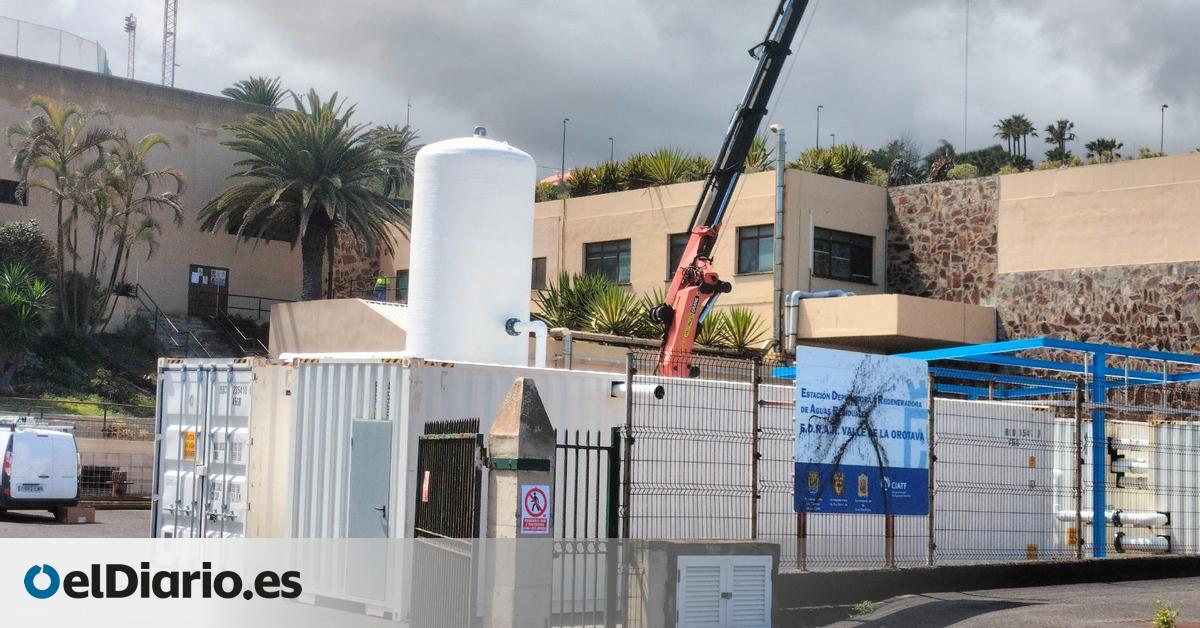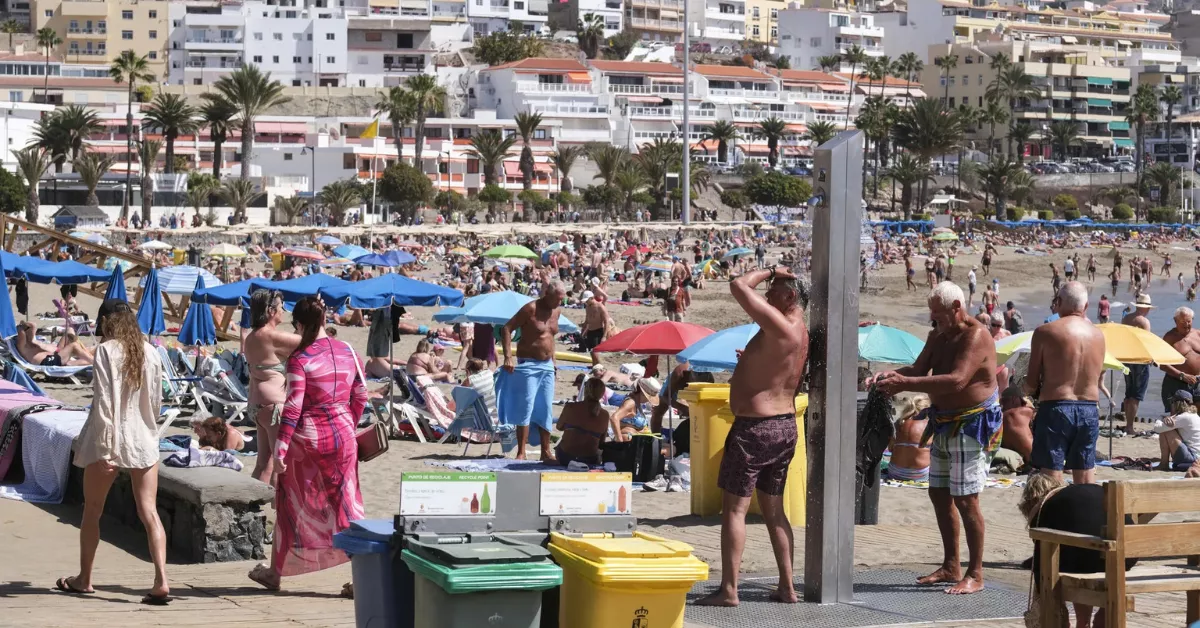The Cabildo Promotes Knowledge of Traditional Basket Weaving with an Exhibition in El Sauzal
The exhibition is part of the cultural programme linked to the municipality’s Craft Fair
The Exhibition Hall of El Sauzal will host the exhibition titled “Weaving and Interlacing Plant Fibres” until 14th September. This showcase features items from the Museum of Ibero-American Crafts of Tenerife, which is managed by the island’s Cabildo. The exhibition was inaugurated yesterday (Monday) by the Councillor for Employment and Education, Efraín Medina, along with the Mayor of El Sauzal, Mariano Pérez. The event featured an opening to the public, alongside a presentation of handcrafted pieces made from plant materials by artisans from various islands in the Archipelago, including Tenerife, La Gomera, and Fuerteventura.
Efraín Medina explained, “With this exhibition, we aim to highlight one of the most important and essential trades in the past for the primary sector of the Canary Islands: working with plant fibres.” The councillor added that for many years, these items were integral to rural life and home activities. Although many have now been replaced by industrial materials, they represent sustainability, creativity, and respect for the environment.”
Meanwhile, Mariano Pérez expressed gratitude for the support and determination of the Tenerife Cabildo to “invest in El Sauzal to promote knowledge of craftsmanship and identity.”
The exhibition is part of the cultural programme linked to the El Sauzal Craft Fair, offering an overview of one of the most relevant traditional crafts for the primary sector in the Canary Islands: basket weaving and working with plant fibres.
Tradition, Heritage, and Sustainability
The exhibited pieces—including baskets, balayos, seretas, hats, and harneros—demonstrate the processes of artisanal work using materials such as afollado, tagasaste, moral, rye, wheat, wicker, and pírgano. These objects played an essential role in daily life and agricultural tasks, including collecting fruit, sifting grain, transporting goods, and providing shade from the sun during farming activities.
Although many of these utensils have been replaced by more durable industrial materials, this shift has also led to a loss of environmental respect and appreciation for artisanal craftsmanship. The exhibition intends to reclaim this craftsmanship, which requires strength, skill, and creativity, having been handed down through generations and forming a cultural legacy that remains relevant today.
The exhibition will be open until 14th September, from Wednesday to Sunday, between 18:00 and 20:00 hours.














